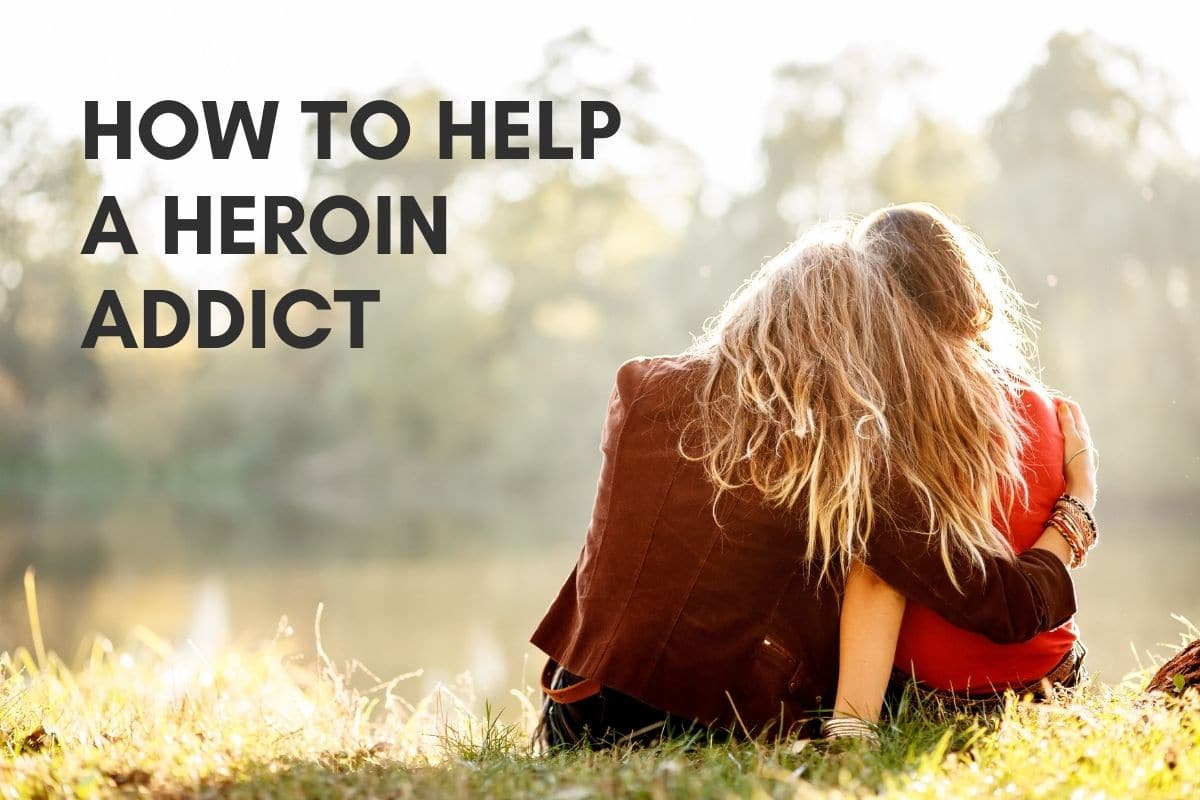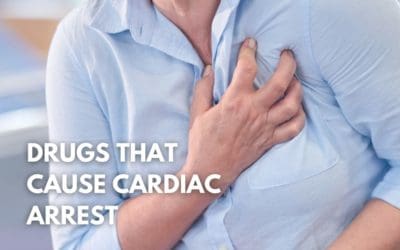Using heroin just once can result in a debilitating addiction that destroys lives, hurts families, and ruins communities. It is an undeniable culprit of the spike in fatal opioid overdoses of the past few years that has already claimed the lives of over 70,000 Americans last year alone. If you have a loved one in the grip of this powerful opioid, figuring out how to help a heroin addict can be a matter of life and death. Learn how to tell if someone is addicted to heroin, what the withdrawal symptoms are, and most importantly, where to get help for heroin addiction.
Why Heroin Is So Destructive
The feeling of heroin is reported as being a surge of euphoria, similar to the effects of oxycodone or hydrocodone. Heroin enters the brain and binds to opioid receptors called mu-opioids (MORs) and activates them. This stimulates the release of dopamine, exponentially increasing the body’s dopamine levels beyond its normal levels for a short while.
The impact on neurological function is immediate. Brain matter, pathways, and receptors are disrupted, and the areas of the brain that control decision making become impaired. This results in excessively risky behavior, an inability to make rational decisions or foresee future consequences. This is the primary reason why it is so difficult to convince a heroin addict they need help.
Identifying If Someone Is A Heroin Addict
Identifying a heroin addiction can be difficult without physically seeing the suspected individual. The majority of the effects manifest themselves in physical and psychological ways that may not be apparent when texting or speaking on the phone. Physical signs of heroin addiction include:
- Bloodshot eyes
- Constricted (pinpoint) pupils
- Extreme drowsiness
- Increased pain tolerance
- Sudden weight loss
Perhaps, the most effective means of determining whether a loved one has a substance abuse problem is by looking out for behavior or lifestyle changes. Permanent brain damage, like a change in neurochemical make-up or interruption of signals to their limbic system, may cause abrupt changes in their personality as well. Tell-tale heroin addict behavior may look like:
- Constant lying or secretive behavior
- Depression or lack of motivation
- Inability to maintain a job
- Paranoia
- Sudden mood swings
Signs of a Heroin Overdose & How to Treat It
Having become increasingly cheap and more widely available over the years, heroin abuse has become increasingly common. Its use has expanded from urban areas where it was initially contained to suburban and rural communities and to all age ranges. This widespread availability has led to a record number of heroin overdose deaths in the past few years.
The most common indication of a heroin overdose is a coma. Heroin directly affects the receptors that control breathing and when an overdose occurs, breathing slows or stops altogether. The decreased amount of oxygen in the brain results in a condition called hypoxia.
A heroin coma is treatable and reversible with Naloxone. This is the most common medication for treating a heroin overdose, which is available in a needle and nasal spray-form. It restores the receptor’s ability to initiate breathing, however, the lack of oxygen can cause additional permanent damage to the brain.
Treating Heroin Addiction: Withdrawal and Detoxing
The effects of heroin are harmful, immediate, and far-reaching. In addition to causing irreparable damage to both the body and brain of the user, it often causes a negative impact on the addict’s loved ones as well. Negative repercussions aside, it can be difficult to stop using due to the severity of heroin withdrawal effects which can occur as soon as a mere few hours after using.
Many of these side effects are physical and abrupt. They include restlessness, severe muscle and one pain, difficulty sleeping, diarrhea, vomiting, sudden cold flashes, uncontrollable leg movements, and severe cravings.
The Freedom Center offers state-of-the-art addiction treatment programs to help heroin addicts get through the sometimes painful withdrawal process. Through a combination of medical and behavioral treatment, our dedicated staff works to do more than make withdrawal symptoms bearable. We provide long-term assistance to help addicts manage future triggers and minimize the likelihood of relapse. If you or a loved one know someone struggling with heroin addiction, contact The Freedom Center today for 24/7 addiction help.

































